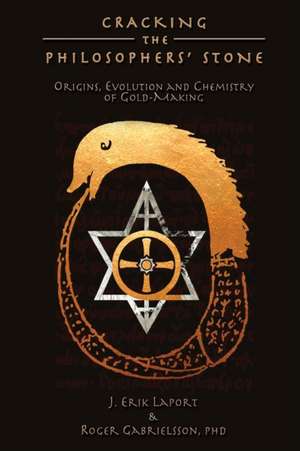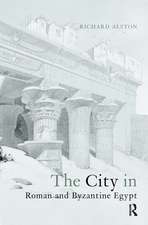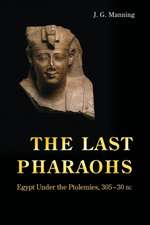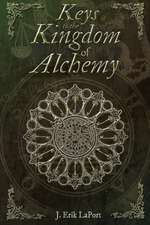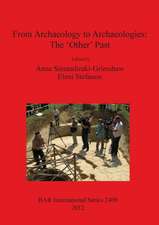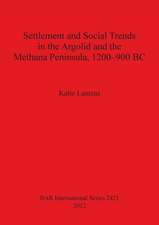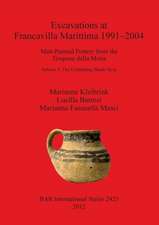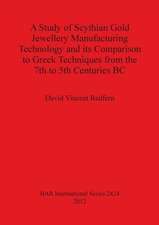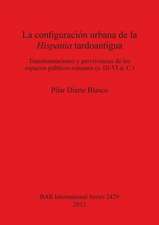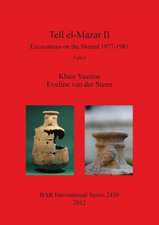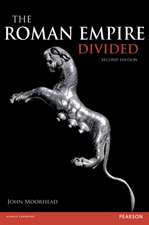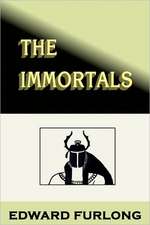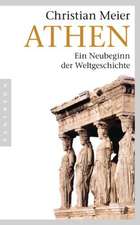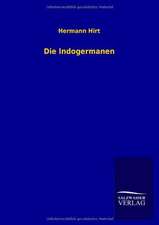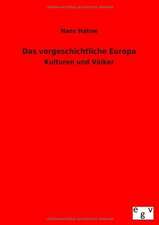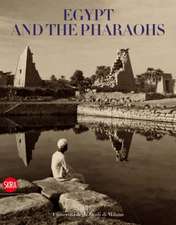Cracking the Philosophers' Stone: Quintessence Classical Alchemy, cartea 1
Autor J. Erik LaPorten Limba Engleză Paperback – 30 mar 2015
| Toate formatele și edițiile | Preț | Express |
|---|---|---|
| Paperback (2) | 223.26 lei 3-5 săpt. | |
| Quintessence Publishing (IL) – 30 mar 2015 | 223.26 lei 3-5 săpt. | |
| Quintessence Publishing (IL) – 30 mar 2015 | 300.18 lei 3-5 săpt. | |
| Hardback (1) | 400.26 lei 3-5 săpt. | |
| Quintessence Publishing (IL) – 30 mar 2015 | 400.26 lei 3-5 săpt. |
Preț: 300.18 lei
Nou
57.45€ • 59.90$ • 47.74£
Carte disponibilă
Livrare economică 28 februarie-14 martie
Specificații
ISBN-10: 0990619818
Pagini: 658
Dimensiuni: 152 x 229 x 34 mm
Greutate: 0.87 kg
Editura: Quintessence Publishing (IL)
Seria Quintessence Classical Alchemy
Descriere
Comenzile pentru acest titlu se procesează doar cu plata în avans.
Cracking the Philosophers' Stone is a combination of historical commentary with reproducible chemistry that thoroughly analyses one of the most respected and mysterious chemical reactions in the history of science and technology. This book guides the reader through the origins and evolution of the archetypal recipe for the Philosophers' Stone of early Alexandrian alchemy. LaPort and Gabrielsson also provide details for various chemical reproductions based on the authors' interpretation and hypotheses of ancient chemistry preserved in encrypted form in alchemical texts. The book is written for both the curious layperson, historian of science and technology or as a source book for the experimental aspiring alchemist / chemist. This book will appeal to the student of ancient history, occult studies, historical chemistry, or the layperson familiar with the Philosophers' Stone but wants to learn more. The book is a must-have for every Rosicrucian and Freemasonic library (or the like) due to its discussion of ancient systems of thought and corresponding symbolism. Because of the human stories and historical backdrop, every layperson will find something of value to expand their understanding of the ancient world. Even scientists and specifically chemists will be fascinated with the reproducible chemical experiments presented in this ground-breaking work. The book is actually three books in one: 1) an introduction to alchemy, 2) a detailed history of alchemy's origins and evolution, and 3) a technical reference for actual reproducibility of alchemy's most sought-after prize - the Philosophers' Stone. Cracking the Philosophers' Stone is organized into three major sections. The first provides the reader with an overview of the Philosophers' Stone in the context of a general early history of alchemy. This foundational understanding serves as a framework for introducing newcomers and general enthusiasts to alchemical history, substances and processes discussed further into the work. In this section, the reader is systematically guided through major historical bifurcations that allowed for the evolution of technique and novel recipes for the Philosophers' Stone. This section is written in such a way that the reader follows the authors' sense of discovery and logic in a pedagogical fashion. Section two is a record of reproducibility. It includes details of each process, complete with frank discussions in the language of chemistry, which greatly facilitate review and reproduction of the experiments and syntheses detailed in the book. It is the 'how-to' section, if you will. Section three explores the practical applications for the Philosophers' Stone along with a hypothesized mechanism of action for each application. Conclusions are contextually counter-balanced by traditional alchemical texts and original interpretations.
